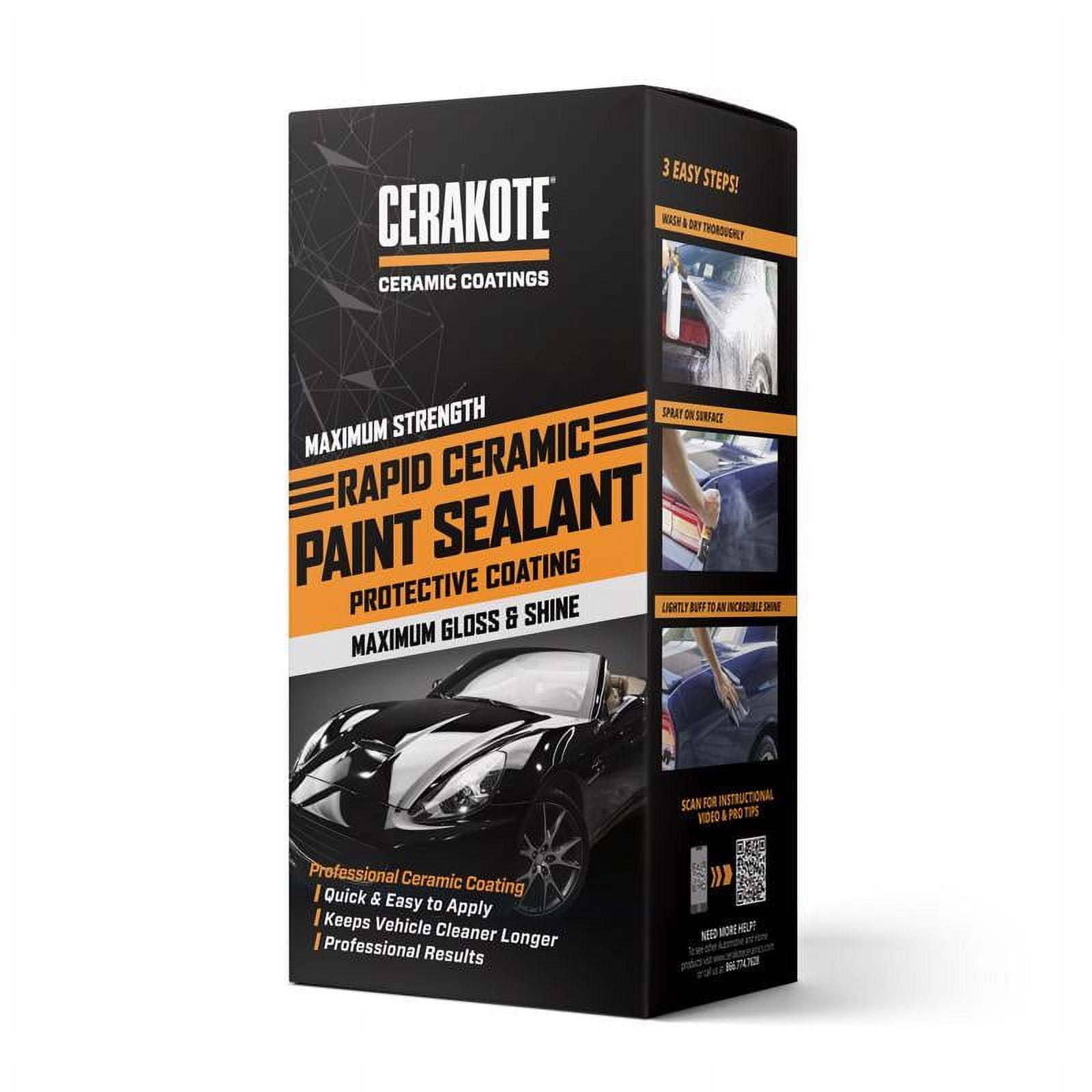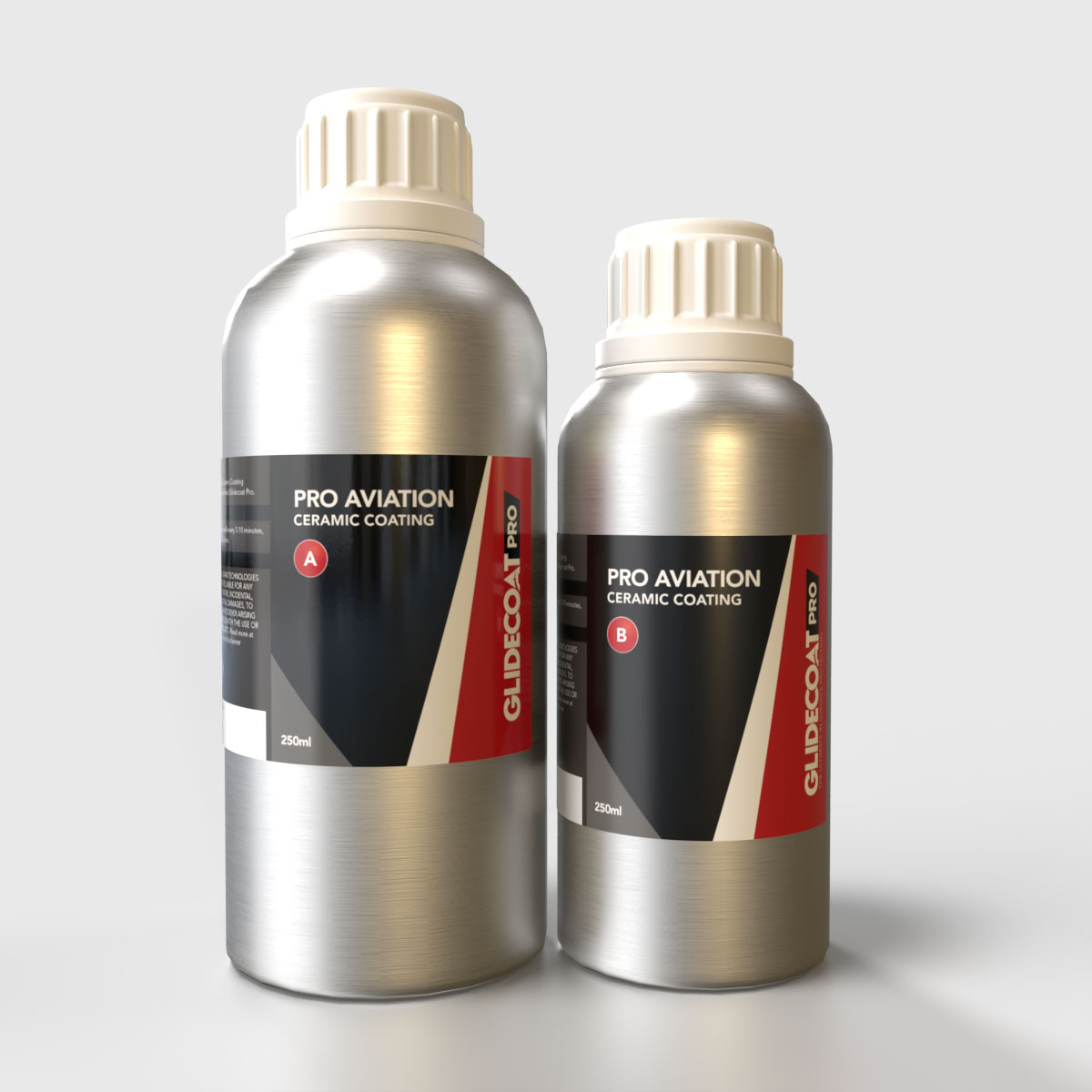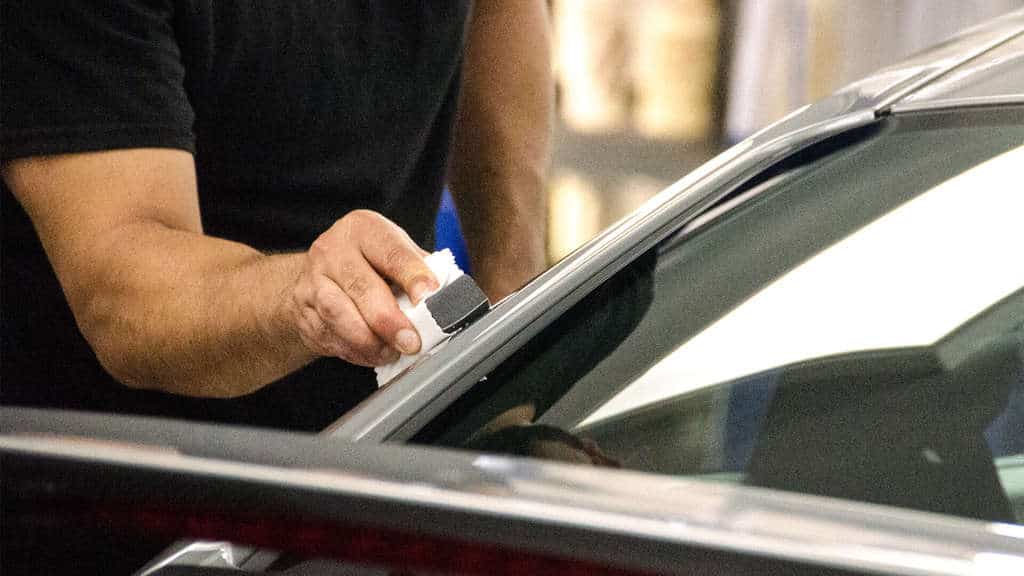The Duty of Ceramic Coating Philadelphia in Preventing Scratches and Damage
Wiki Article
Why Ceramic Layer Is the Ultimate Option for a Perfect Finish
Ceramic finishing has actually emerged as a leading service for those looking for a remarkable finish for their vehicles, many thanks to its exceptional durability and safety attributes. What elements absolutely set ceramic covering apart?What Is Ceramic Finish?

When applied appropriately, ceramic covering develops a hydrophobic surface area that fends off water and dirt, making it much easier to clean up and keep. Unlike typical waxes or sealants, which typically provide temporary defense, ceramic finishes can last for a number of years, relying on the item high quality and application technique. The process of applying ceramic finish calls for thorough preparation, including thorough cleaning and often repaint improvement, to ensure optimum bonding and efficiency.
Ceramic coverings are not restricted to auto surfaces; they can additionally be utilized on numerous products, including glass, metal, and plastics, supplying a functional solution for improving security. Generally, ceramic finish stands for a significant development in surface area security innovation, incorporating both visual and functional benefits for a large range of applications.
Benefits of Ceramic Finishing
While lots of surface area defense options exist, the advantages of ceramic layer stand out due to its unique homes and lasting performance. Among the key benefits is its phenomenal longevity. Ceramic Coating Philadelphia. Unlike typical wax or sealers that call for constant reapplication, ceramic coverings give a resistant layer that can last for several years, considerably decreasing maintenance effortsAn additional noteworthy advantage is boosted security against ecological pollutants. Ceramic layers develop a hydrophobic surface area that wards off water, dust, and different toxins, making it much easier to clean. This attribute not just protects the automobile's appearance however also reduces the threat of corrosion and oxidation, specifically in severe weather conditions.
Furthermore, ceramic coatings use premium resistance to UV rays, stopping fading and degradation of paint in time. This UV protection is critical for preserving the visual worth of cars and surface areas revealed to direct sunlight.
Furthermore, the shiny surface accomplished with ceramic finishing boosts the total aesthetic appeal, providing surfaces a showroom-quality sparkle. On the whole, ceramic coatings stand for a considerable advancement in surface defense technology, giving long-lasting advantages that deal with both aesthetic and functional demands.
Just How It Functions
Understanding the science behind ceramic coverings discloses just how they offer such exceptional protection and durability. At its core, a ceramic layer is a fluid polymer that chemically bonds with the lorry's manufacturing facility paint. This bonding produces a safety layer that is both hydrophobic and oleophobic, repelling water, dust, and oil. The main part of a lot of ceramic layers is silicon dioxide (SiO2), which is anchor obtained from quartz. This substance adds visit to the coating's hardness and resistance to scratches, UV rays, and ecological pollutants.
The application process includes numerous steps, including surface preparation, which is vital to achieving ideal bond. When applied, the finishing goes through a curing procedure, throughout which it sets and forms a semi-permanent bond with the paint surface area. This bond is what differentiates ceramic coverings from typical waxes and sealants, supplying a longer-lasting safety barrier that can sustain for several years.
In addition, the thickness of the layer can enhance its safety qualities, guaranteeing that it can stand up to rough conditions. Inevitably, the scientific research of ceramic coverings integrates advanced materials with cutting-edge application methods to supply an unrivaled level of protection and visual enhancement for lorries.
Contrast With Standard Techniques
The benefits of ceramic finishings come to be particularly evident when compared to traditional paint defense methods such as waxes and sealants. While waxes use a short-lived luster, normally lasting a couple of weeks to a number of months, ceramic coatings supply a long-lasting protective layer that can sustain for a number of years. This toughness considerably reduces the frequency of reapplication, making ceramic coverings an extra cost-efficient remedy with time.In addition, traditional methods commonly call for extensive prep work and numerous applications to accomplish a satisfactory degree of protection. In contrast, ceramic coatings bond at a molecular level with the lorry's surface, developing a durable guard versus ecological impurities like UV rays, acid rain, and roadway salts. This bond enhances the car's resistance to continue reading this scrapes and swirl marks, which prevail with conventional waxes and sealants.
Moreover, the hydrophobic buildings of ceramic finishings ward off water and dirt, leading to simpler cleaning and upkeep. On the other hand, wax and sealant-treated surfaces can attract grime, demanding even more constant washing - Ceramic Coating Philadelphia. Generally, ceramic finishes not just offer superior security but additionally deliver a more enduring and aesthetically attractive surface, establishing them as the favored choice for discerning vehicle owners
Application and Upkeep Tips

Making use of a foam applicator, use the finishing in little areas, adhering to the supplier's guidelines relating to density and overlap. Allow sufficient healing time in between coats, commonly 1 day, to ensure correct bonding. After application, it is essential to prevent exposure to water or rough components for at the very least a week to permit the finish to fully heal.
Additionally, using a ceramic maintenance spray can improve the coating's hydrophobic residential or commercial properties and long life. Routine examinations for any signs of wear will aid keep the covering's honesty and maintain that excellent coating.
Conclusion
In verdict, ceramic covering emerges as a superior alternative for achieving a remarkable automobile surface. By developing a robust bond with factory paint, ceramic coating effectively shields against scratches, UV rays, and environmental pollutants.
Report this wiki page